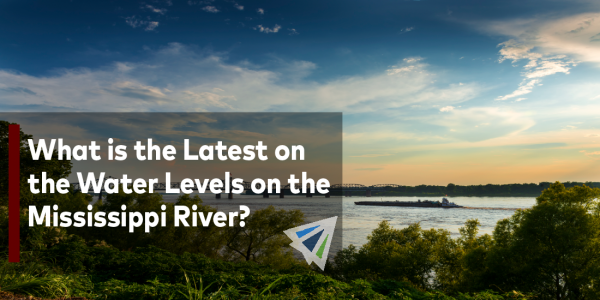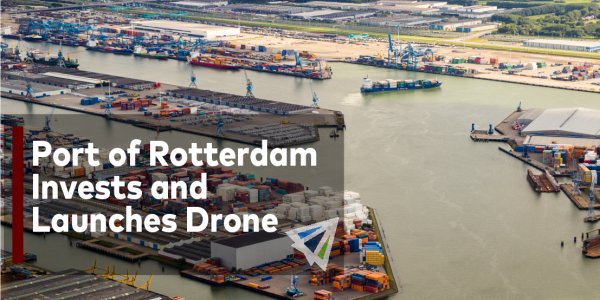Competitive Edge
September 13th, 2023
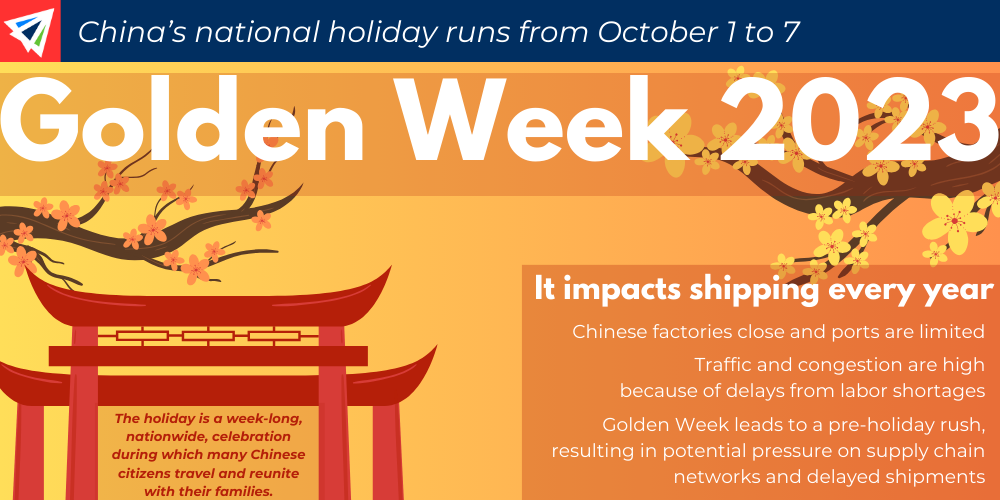
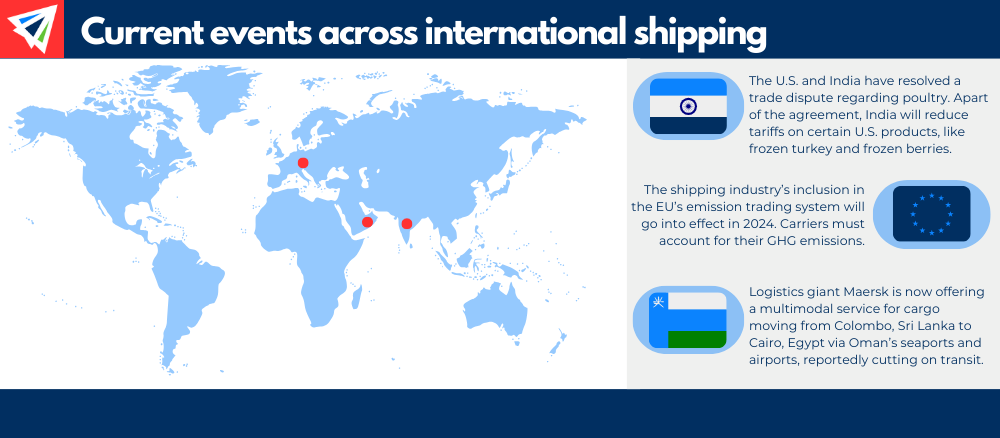
IMPORT: Asia to North America (TPEB)
Recent Developments:
- The Panama Canal’s ongoing low water levels due to a drought are spurring on vessel congestion that may last for months.
Rates: After ascending since late June, rates have begun to cool from their rise. They still remain above pre-pandemic and average contract levels though.
Space: Space is generally open, but certain services have seen tightening.
Capacity: Despite an uptick in volumes and rates, carriers remain conservative on capacity with blank sailings.
Equipment: A new chassis pool at Southeast ports (excluding Charleston) will go live October 1.
TIPS:
- Hold your logistics partners accountable for frequent updates regarding blank sailings, rate increases, or any other forms of market maintenance.
- Establish a firm timeline for future import activity.
IMPORT: Europe to North America (TAWB)
Rates: Rates mirror pre-pandemic levels.
Space: Space is open, except for a few pockets.
Capacity: Major carriers are reallocating TAWB vessel capacity to the Asia-Europe trade.
Equipment: Availability on both origin and destination sides, unless advised otherwise.
TIPS:
- Book at least three weeks prior to the ready date.
- It’s unclear yet on how carriers will react to this trade’s softened state, but be on the lookout for certain tactics, like blank sailings or rate increases, from them as a means to reduce lossmaking.
EXPORT: North America to Asia
- Brazil has dethroned the U.S. as the world’s top corn exporter. Analysts are reporting the South American country is also closing in on the U.S. as the world’s biggest cotton exporter due to heat and drought in Texas, America’s top producing region.
- The U.S. harvest season could see adverse impacts as low water levels on the Mississippi River hinder barge movement, a popular mode for agriculture exports.
Rates: Rates are low and level.
Space: Space is open but tighter on the Gulf Coast.
Capacity: Capacity is widely available for all services.
Equipment: Availability at virtually all inland points and seaports. However, chassis access remains a wildcard against fluid intermodal movement.
TIPS:
- Book at least two weeks prior to the time of departure.
- Shippers with high volume projects should take advantage of the carriers’ receptiveness to take on these opportunities. Space is wide open with a high acceptance rate.
Watch Our August Webinar!
Topics: U.S. Import Forecast, Argentina’s market/shipping regulations, recent election results, and more!
Sign Up For Our September Webinar!
Our next webinar is on Wednesday, September 20th, at 9am CST!
We will be having one of our Vietnam partners, Le Trans Co., Ltd, as our guest speaker! Topics will be announced in the coming days.
What is Coffee & Cargo? Every month, our experts sit down to discuss what’s currently happening in the shipping industry. Every so often we are joined by special guests, who share their specific expertise and experiences.
Freight News
Port of NY/NJ Takes the ‘Top Spot’ in July for Containers Moved
The Port of New York and New Jersey had a strong month of July, having processed 725,479 TEUs. That same month was also the port’s highest monthly total since October 2022.
In an interview with American Shipper, the Port Authority Executive Director, Rick Cotton, toted their ‘deep’ relationships and collaborations with supply chain stakeholders…
“Our deep relationships and collaboration with all links of the regional supply chain continue to reap tangible benefits for our stakeholders who have retained their business here in New York-New Jersey even as the impact of softening global trade is felt elsewhere.”
Additionally, officials at the NY/NJ Port Authority said they saw a 40 percent increase in shipments of apparel, toys, games and sporting equipment.
Breakbulk Industry Prepares for EU Emissions Trading System
The EU’s emission trading system is already required for many EU-based energy and manufacturing companies onshore – but for the shipping industry, it’s set to kick off on January 1st, 2024.
As described on their website, the EU Emissions Trading System is a “key tool for reducing greenhouse gas emissions cost-effectively. It is the world’s first major carbon market and remains the biggest one.”
Now, under this trading system, carriers that emit greenhouse gases are required to join in the EU carbon-trading market by using EU allowances (EUA’s) to account for their emissions.
Voyages that begin or end in non-EU ports are liable for 50 percent of GHG emissions emitted throughout the voyage, plus 100 percent at the EU load or discharge port.
For example, per the JOC, from Houston to Rotterdam, GHG liability would be based on 50 percent of the emissions calculated for that distance. But, if the ship sails from Houston to Felixstowe, United Kingdom, which is outside the EU, and then Felixstowe to Rotterdam, the GHG liability would be figured on only the UK-Rotterdam leg.
Did You Know: Maersk Will Soon Start Their Trek to Reach Net Zero Emissions By 2040
The world’s first container ship, that is powered by green methanol and belongs to Maersk, will arrive in Copenhagen, Denmark on September 14th – marking the beginning of Maersk’s journey towards net zero emissions by 2040.
“With this vessel they have taken an important step in the journey towards net zero emissions,” Vincent Clerc, Executive Director of AP Moller says.
Maersk plans to have 25 percent of its container volume to be transported using green fuels by 2030.
Source: JOC
Interlog  Insights
Insights
In our week 1 September insights, we released a new magic freight ball prediction!
Plus we discussed more supply chain industry groups on board for electronic bill of ladings, and how retailers are starting to figure out the right strategies for inventory levels.

A Podcast by InterlogUSA: NEW FreightFM Episode 11
Check out episode 11 – In the News: August Rates, Yellow Corp Bankruptcy, Panama Canal Congestion, and More!
InterlogUSA’s Rachel Thielen and Emily Smith discuss the latest industry news during the episode.
FreightFM features short-form video interviews with InterlogUSA’s industry experts offering insights into breaking news, market trends, our company’s history, and more!
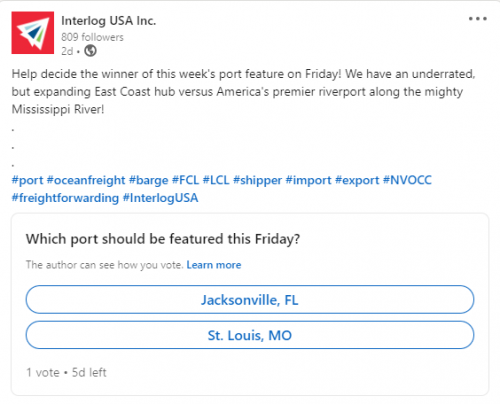
Vote in This Week's 'Port of the Week' Poll
Every other week we post a poll on our LinkedIn page (give us a follow if you feel inclined 😊 ), where you can vote on which port you would like to see featured in our deep dive this Friday!
Vote on this week’s port poll battle: Port of St. Louis vs. Port of Jacksonville
Consider subscribing to our biweekly “Port of the Week!” newsletter to continue getting a closer look at various ports (and inland ports), globally and domestically.
Sign up for our
industry answers
Our team works to provide valuable, unique, and relevant content to assist you in finding solutions. Sign up now.
